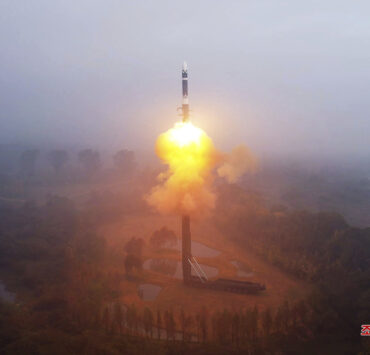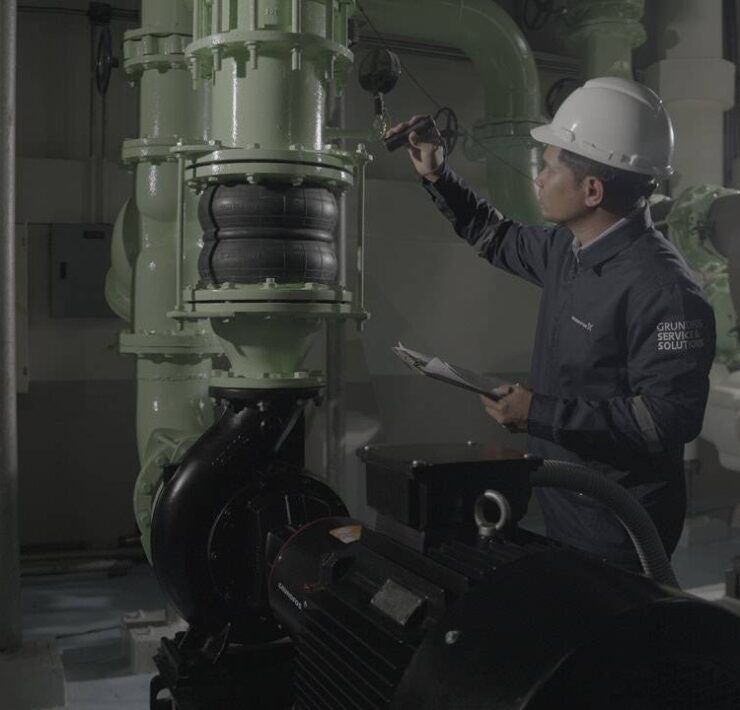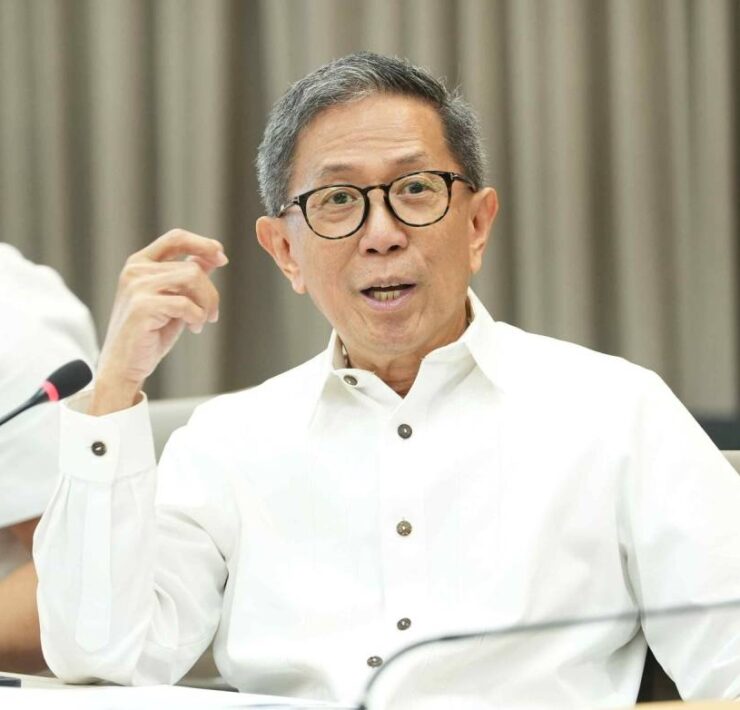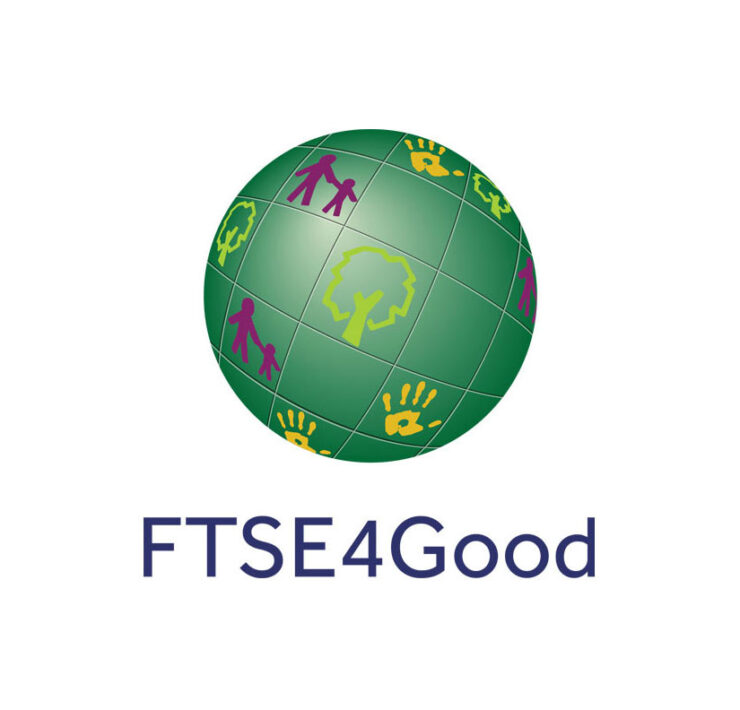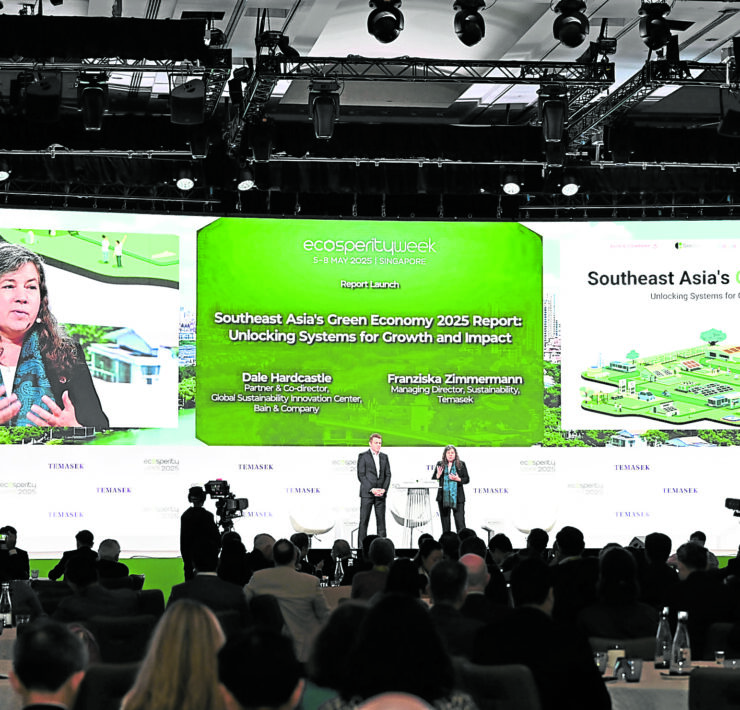Turquoise horizons: Developing the blue economy of the archipelagic Philippines
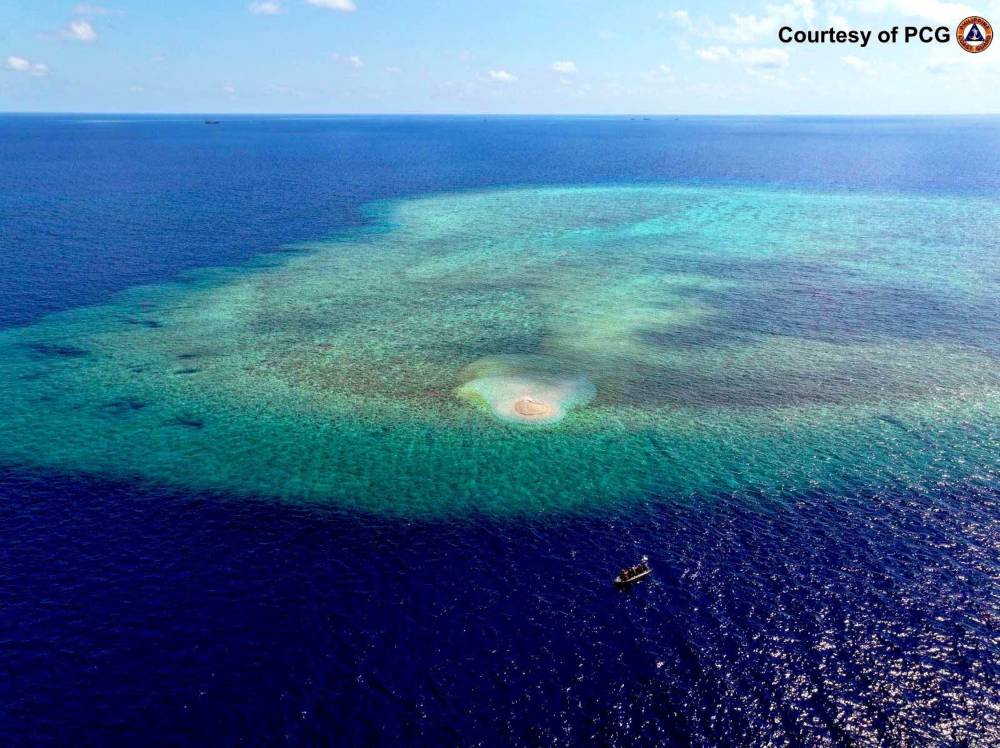
The concept “blue economy” is currently a focal point for discussions among government officials, scholars, and development practitioners. Yet, what exactly does this term entail, and why is it paramount for the Philippines to wholeheartedly embrace this notion when devising our economic strategies?
The blue economy is centered on the sustainable utilization and conservation of ocean resources to drive economic development, support communities, and generate employment opportunities, all while safeguarding our valuable natural ecosystems, particularly coastal and marine environments. It encompasses a diverse range of activities including fisheries, mariculture, tourism, coastal infrastructure, renewable energy, maritime trade, and biotechnology.
The potential for the seas as a source of medically beneficial compounds is vast. For instance, scientists at the Marine Science Institute of the University of the Philippines (UP MSI) have unearthed active compounds known as conotoxins derived from cone snails, which have been developed into novel pain relief medications and therapies for various illnesses.
Ongoing research conducted by the biotechnology department of the institute on multiple species of cone snails reveals additional compounds with promising pharmaceutical applications, some of which are being investigated for the treatment of cancer, diabetes, pain, inflammation, and endocrine disorders.
For the Philippines, with its archipelagic geography and reliance on marine ecosystems, the blue economy carries immense significance. As an archipelago with an expansive coastline and diverse marine life, the Philippines stands as a center of marine biodiversity, highlighting the pivotal role our seas play in our economy and the livelihoods of countless Filipinos.
According to a research document by Azanza and collaborators titled “Valuing and managing the Philippines’ marine resources toward a prosperous ocean-based blue economy,” approximately 1,400,000 Filipinos are engaged in the fishing sector, with the maritime industry, including fisheries, contributing 2.6 percent to the country’s GDP in 2013. Overall, the combined annual revenue from marine-based tourism, fisheries, and coastal development amounts to a substantial US$966.6 billion.
By adhering to the principles of the blue economy, the Philippines stands to gain significantly through responsible marine resource management, economic advancement, job creation, and food security. By implementing environmentally friendly practices and innovative approaches, the nation can strike a delicate balance between advancing economically and conserving the environment, ultimately serving the interests of present and future generations of Filipinos. Furthermore, emphasizing the blue economy can play a pivotal role in mitigating the detrimental impacts of climate change and other stressors on coastal communities and ensuring the integrity and resilience of our precious marine ecosystems.
One important aspect that deserves emphasis is the involvement of the private sector in the blue economy. The 2018 State of the Oceans and Coast Report, published by the Department of Environment (DENR) and the Partnerships in Environmental Management for the Seas of East Asia (PEMSEA), underscores the significant role played by the private sector in various stages of the blue economy development such as research, design, deployment, operation, and financing. Collaborations between private and public sectors are essential for mobilizing financial resources to drive growth in key areas like fisheries, renewable energy, and infrastructure.
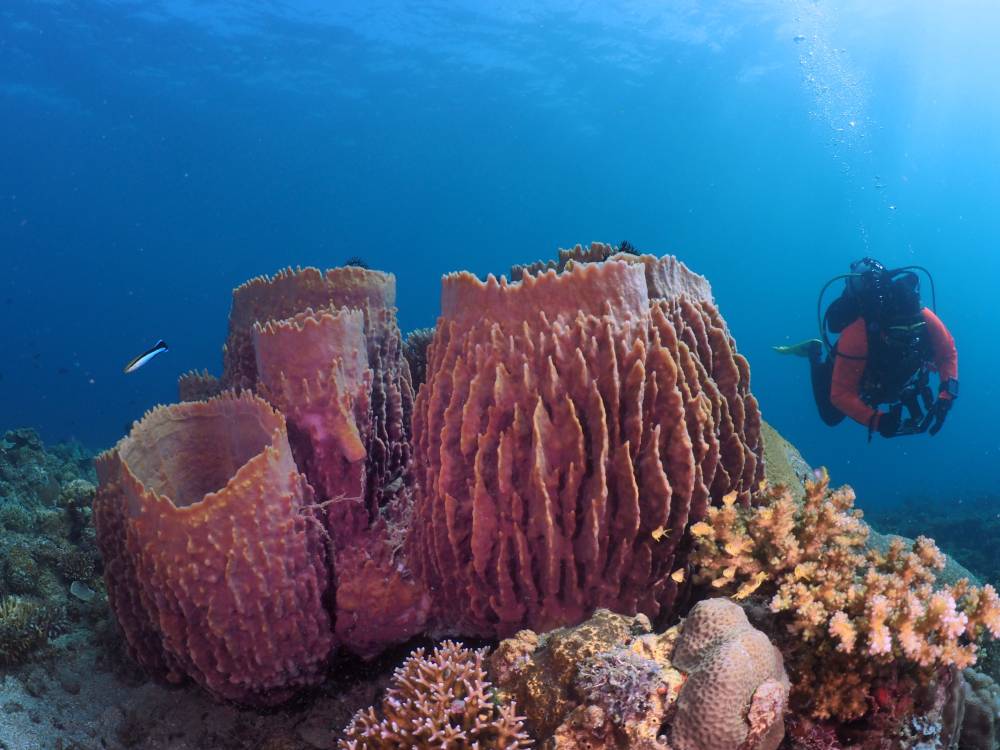
State of PH marine ecosystems
The current state of many marine ecosystems in the Philippines raises serious concerns, with years of unregulated exploitation leading to significant degradation.
Coral reefs have been deteriorating since the 1980s, and fish populations have been dwindling due to unsustainable fishing practices. To cultivate a thriving blue economy, it is imperative to initiate endeavors aimed at revitalizing damaged ecosystems and reversing the declining trend in fish populations. Detailed analysis of fishing data reveals alarming signs, such as catching undersized individuals in various monitored species by the Bureau of Fisheries and Aquatic Resources (BFAR) through its National Stock Assessment Program (NSAP). Addressing this issue demands substantial reductions in fishing activities, temporary closure of certain fisheries, and strict enforcement of fisheries regulations against illegal practices.
Apart from overfishing, the challenges posed by illegal, unreported, and unregulated fishing, unsustainable coastal development, and pollution loom large and must be confronted head-on. Research conducted by UP MSI has indicated oxygen depletion in portions of Manila Bay, while pollution originating from sewage has tainted the waters surrounding Boracay, a renowned tourist destination, necessitating a temporary closure for extensive cleanup.
The issue of overpopulation further exacerbates these concerns, a facet often overlooked in discourse. This global issue not only impacts fisheries but also various sectors, leading to scarcities in food supplies, water resources, educational facilities, and worsened traffic congestion. By directly addressing these challenges, the Philippines can chart a course towards a sustainable future.
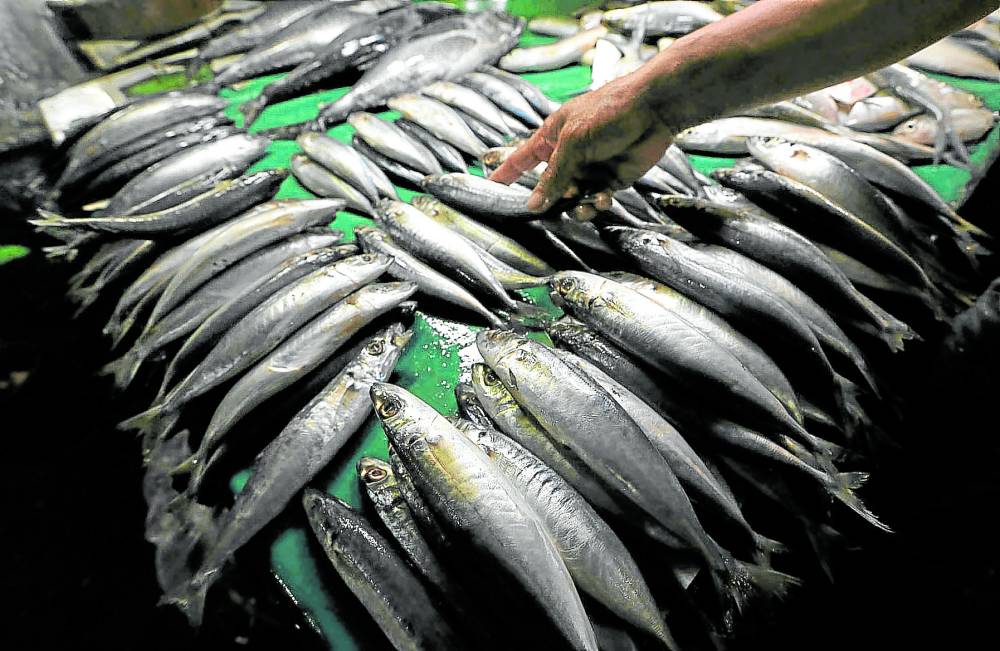
UP Archipelagic and Ocean Virtual University
I commend UP for its visionary initiative in founding the University of the Philippines Archipelagic and Ocean Virtual University (UPAOVU) under the stewardship of UP’s current president, Attorney Angelo Jimenez. This significant development not only comes at a timely juncture but also proves to be instrumental in equipping future development professionals and policymakers with the essential skills and foresight necessary to think holistically on an archipelagic scale, integrating our unique geography into development strategies centered around the ocean as a primary catalyst for economic progress.
I am also interested in exploring how UP MSI and other key organizations can contribute to the development and enhancement of the blue economy concept.
As UP MSI marks its 50th anniversary in 2024, this leading marine science center has established itself as a key player in marine research over the past fifty years. It has been pivotal in producing three national scientists and a dozen academicians. The Institute serves as a hub of vibrant research endeavors in the marine sciences, spanning a broad spectrum from basic to applied studies that promote the sustained utilization, management, and conservation of marine and coastal environments.
Through active participation in crucial policy dialogues and hands-on involvement in community initiatives such as mariculture and conservation programs, the Institute embodies the fundamental principles of UP’s academic endeavors: research, teaching, and extension. By capitalizing on its expertise, resources, and longstanding dedication to marine conservation, scientific research, and course offerings in marine physical sciences, marine biology, and marine biotechnology, UP MSI plays a crucial role in advancing the principles of the blue economy and fostering sustainable development practices in this pivotal domain.
Dr. Michael P. Atrigenio is an Assistant Professor at the Marine Science Institute of the University of the Philippines Diliman and the program head of the Professional Masters in Tropical Marine Ecosystems Management Program. He is also the President of the Marine Environment and Resources Foundation.















